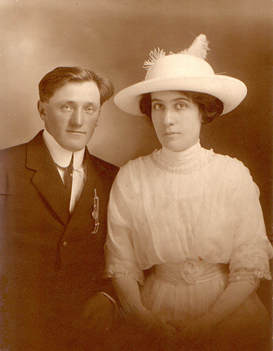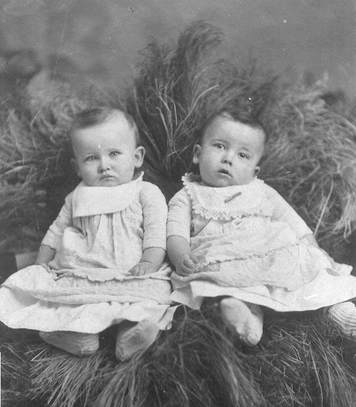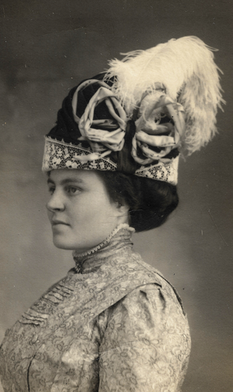 Photo by Michael Discenza on Unsplash In the past, we’ve talked about City Directories. I thought we could revisit them. Let’s look at how these directories can help us discover more about our family history. There are many kinds of directories beyond the city directories including plat books which have a directory of the individuals who lived in the area. Sometimes there are short biographies included in this type of directory. Other directories to consider are membership directories related to an industry, an organization or religion. A visit to your local library or historical society may provide access to these niche directories.
One of the ways that I like to use these directories is to track a family that has moved to a city. For example, I had a relative who l knew lived in a city, but I could not find his death record in that state. He was in the 1930s census but not in the 1940s census but his widow was listed with his children. I started looking in the city directories. I was able to track the family for a number of years using the directory. This gentleman had three almost grown sons when he remarried and moved to the city. These sons continued to live near their father and worked in the area. This would suggest that the family remained close. I often wondered why they had moved from North Dakota to Indiana. I discovered that the steel mills were a big draw and found a number of Midwesterners in the Indiana census records who were working in the steel mills. While the city directories didn’t tell me the death date, they did narrow it down to a three year period. Once I had access to the Indiana death records I was able to find his death record. I actually learned more about the family using the city directory records. Coming from a long line of farmers, it was interesting to find the different occupations that were popular at that time. In a past job, we used a book that had all the codes for various work occupations based on the industries. The interesting thing is that many of the occupations that were common seventy years ago are no longer viable occupations. Think how many new occupations have been created with computers and the internet. We are used to acknowledging this with our 18th and 19th century ancestors, but it happened in the 20th century and soon the 21st century. You can view these codes at List of SOC Occupations (bls.gov). Here are some sites that might be helpful. U.S. City Directories Directory (ldsgenealogy.com) U.S. City Directories, 1822-1995 (ancestry.com) City Directories • FamilySearch United States Directories • FamilySearch Germany, Collection of City Directories - FamilySearch Historical Records • FamilySearch Ireland, City and Regional Directories, 1836-1947 | Ancestry® I’ve also included some additional articles that might entice you to look further into city directories. Tips for Using City Directories for Genealogy Research | Legacy Tree City Directories May Be the Key to Solving Your Genealogy Mysteries (familyhistorydaily.com) The Genealogist’s Guide to Directories (familytreemagazine.com) I hope this will pique your interest in city directories. Have fun looking for your ancestors.
0 Comments
Leave a Reply. |
AuthorWith a lifelong passion for genealogy and history, the author enjoys the opportunity to share genealogy tidbits, inspiring others to research and write their family story. Archives
July 2024
Categories |



 RSS Feed
RSS Feed